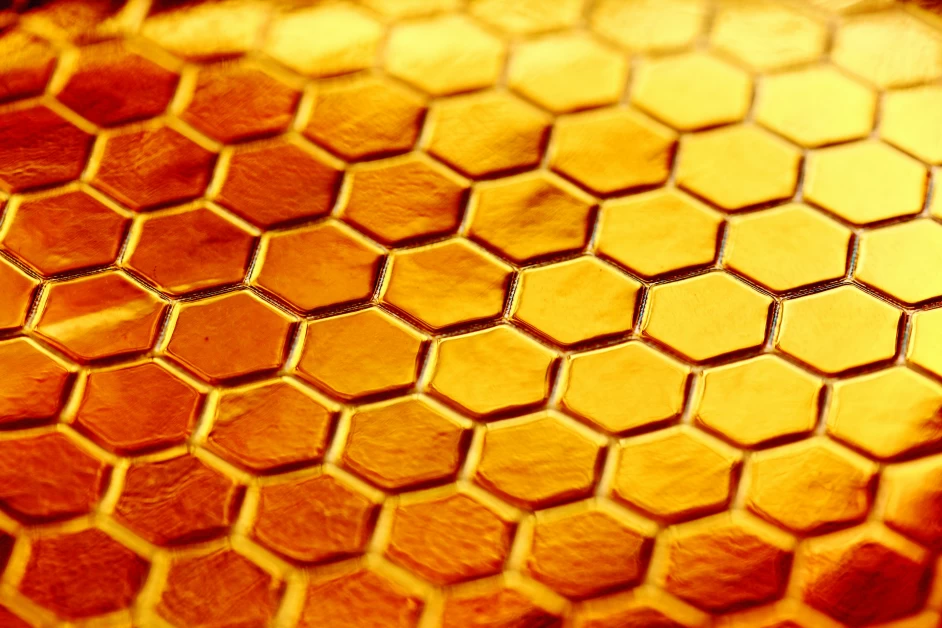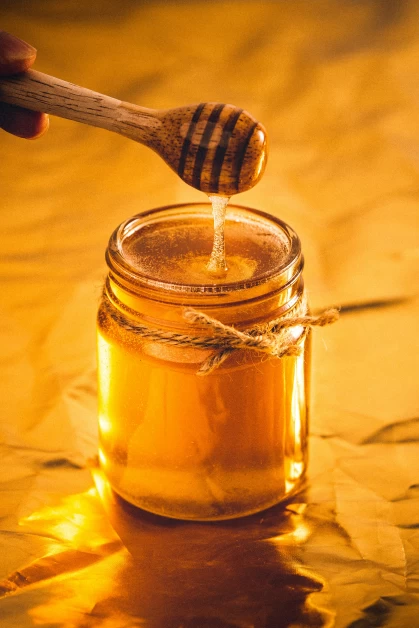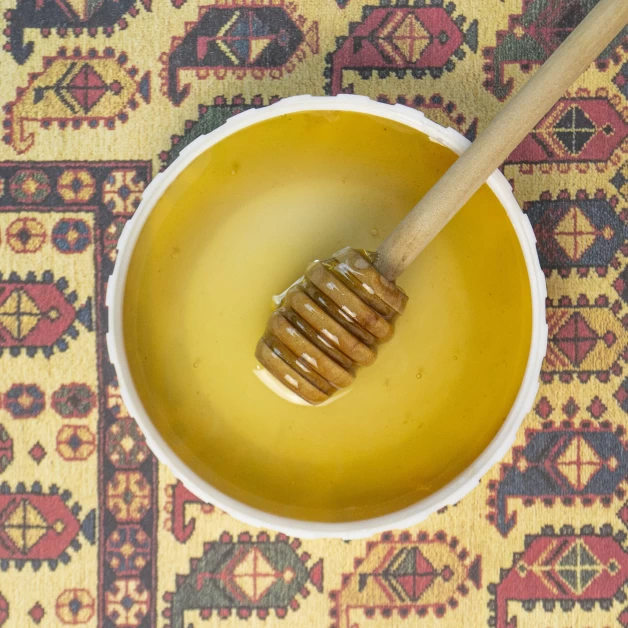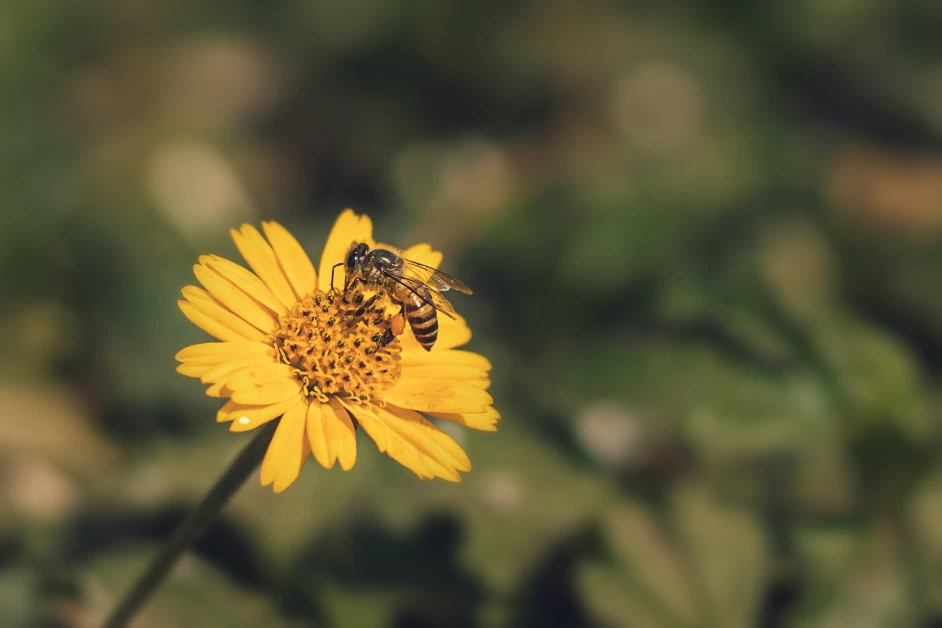Honey, the sweet nectar produced by bees, is not only a delectable treat but also an intricate product shaped by various geographical factors. The unique flavor profiles found in different types of honey can be attributed to the impact of geography on its creation. From the climate conditions to the plant sources, and even the beekeeping practices, geography plays a crucial role in shaping the taste and characteristics of honey.
The impact of geography on honey flavor
Geography exerts its influence on honey flavor through a combination of factors such as climate, soil composition, and floral diversity. These factors interact to create a distinct terroir, a concept borrowed from the world of wine, which refers to the unique characteristics imbued in a product by the environment in which it is produced. Just as the terroir of a vineyard influences the flavor of wine, the geographical attributes of an area can enhance or modify the taste of honey.
Factors influenced by geography
Geography impacts several key factors that contribute to the flavor of honey. One such factor is the plant sources available to the bees for nectar collection. The geographical variations in plant species result in different flavors and aromas in the honey produced. Additionally, climate conditions, including temperature, rainfall, and humidity, affect the honey production process and contribute to variations in flavor. Lastly, the beekeeping practices employed in different regions can also influence honey flavor due to variations in bee behavior and foraging patterns.
The role of terroir
Terroir, as mentioned before, plays a significant role in shaping the flavor of honey. Just as a specific terroir imparts unique qualities to a wine, different regions imbue their honey with characteristics specific to their geographical makeup. The combination of climate, soil, and plant species in an area manifests in distinct flavor profiles, creating a diverse range of honey variations.
Variances in climate and soil composition
Climate conditions, such as temperature and rainfall patterns, can dramatically impact honey production. Bees are highly sensitive to temperature fluctuations, and different temperature ranges can affect their foraging behavior and nectar collection. Furthermore, rainfall and humidity levels directly impact the availability of nectar and pollen, which ultimately affects the taste and texture of the honey produced.
Soil composition also plays a crucial role in honey flavor. The minerals, nutrients, and organic matter present in the soil are transferred to the plants, which in turn influences the composition of the nectar collected by bees. Different soil types can modify the sugar content, acidity, and floral notes in honey, leading to diverse flavor profiles.
Plant Sources
Floral diversity is a key determinant of honey flavor and aroma. The types of plants available in an area for bees to gather nectar greatly influence the resulting honey’s characteristics. Different geographical regions boast unique plant species, resulting in a rich tapestry of honey flavors around the world.
Geographical variations in plant species
The geographical distribution of plant species is a direct result of climate, soil, and other environmental factors. The diverse ecosystems found across the globe give rise to a plethora of plant species, each with its unique floral composition contributing to honey’s flavor. From the fragrant lavender fields of the Provence region in France to the wildflowers of the Australian outback, unique landscapes harbor distinct plants that shape the taste of honey.
Influence of specific plant sources on flavor
Certain plants have a more pronounced impact on honey flavor due to their distinctive properties. For example, honey derived from lavender plants tends to have a delicate and floral aroma, while honey derived from citrus blossoms carries a citrusy tang. Each plant imparts its flavor profile to the honey, creating a diverse range of taste experiences for honey enthusiasts.
Climate Conditions
Climate conditions have a profound impact on honey production and subsequently on the flavor of the honey produced. The interplay between temperature, rainfall, humidity, and seasonality significantly affects the bees’ foraging behavior, nectar availability, and honey composition.
Temperature and honey production
Temperature plays a vital role in influencing honey production. Bees are cold-blooded insects, and their activity is tightly connected to temperature. Warmer temperatures stimulate increased foraging activity, resulting in the collection of more nectar and ultimately leading to higher honey production. The ambient temperature also affects the enzymatic activity within the hive, which can influence the composition and texture of the honey.
Rainfall and humidity effects
Rainfall and humidity levels directly affect the availability of nectar and pollen. Ample rainfall ensures abundant flower growth and nectar availability for bees to collect. This abundance of resources contributes to the production of flavorful honey. In contrast, regions with limited rainfall may have fewer flowering plants, resulting in a more limited range of flavors. Furthermore, humidity levels can impact the intensity of floral aromas in honey, as excessive moisture can dilute the volatile compounds responsible for those aromas.
Seasonal variations in flavor
Each season brings about changes in the availability and composition of nectar sources. The different flowering patterns and bloom cycles throughout the year contribute to seasonal variations in honey flavor. Spring honey, for example, often has a lighter and more delicate flavor, while autumn honey tends to be darker and richer, reflecting the changing botanical landscape during those seasons.
Beekeeping Practices
Beekeeping practices vary across different regions and can have a significant impact on honey flavor. Traditional methods passed down through generations, as well as the specific techniques employed by beekeepers, shape the characteristics of the honey produced.
Distinctive practices in different regions
Various regions have long-standing traditions and specific practices tied to honey production. These practices can range from hive placement and management techniques to specific harvesting and extraction methods. For instance, some regions practice migratory beekeeping, where hives are moved to follow the blooming patterns of certain plant species, leading to honey with distinct flavor profiles.
Bee behavior and foraging patterns
Bees collect nectar and pollen from flowers as their primary food source. The plants they visit, the distance they fly, and the order in which they collect nectar from different plant species all have an impact on honey flavor. Bee behavior and foraging patterns can be influenced by variations in regional floral availability, which in turn influence the flavor and aroma of the honey produced.
Impacts on honey flavor
The combined effect of beekeeping practices and bee behavior on honey flavor is significant. The symbiotic relationship between bees and their environment, as influenced by beekeepers, shapes the quality and characteristics of honey. The care and attention given to the bees, their hives, and the surrounding ecosystem all contribute to the final flavor profile of the honey harvested.
Manuka Honey for Allergies
Manuka honey, originating from the pristine landscapes of New Zealand, has gained worldwide recognition for its extraordinary taste and exceptional health benefits. This unique honey variety has been found to have potential benefits for allergies.
Manuka honey and allergies
Manuka honey is known for its high antibacterial properties, thanks to its unique compound called methylglyoxal (MGO). This compound gives Manuka honey its distinctive flavor and therapeutic qualities. While Manuka honey’s primary use is for wound healing and immune support, some individuals have reported relief from allergies when consuming Manuka honey.
How Manuka honey may help with allergies
The potential benefits of Manuka honey for allergies are still being studied, but some research suggests that its anti-inflammatory and immune-modulating properties may play a role. Allergic reactions occur when the immune system overreacts to harmless substances, such as pollen or pet dander. Manuka honey’s ability to support the immune system may help reduce this overreaction and alleviate allergy symptoms.
Using Manuka honey for allergies
If you’re considering using Manuka honey for allergies, it’s important to choose a high-quality, genuine Manuka honey with a high MGO content. Look for a reputable brand that provides third-party lab testing to ensure the authenticity and potency of the honey. It’s also advisable to consult with a healthcare professional before incorporating Manuka honey into your allergy management routine.
Potential side effects and precautions
While Manuka honey is generally safe for most individuals, it’s essential to be aware of any potential side effects or allergic reactions. Some people may be allergic to bee products, including honey, and may experience symptoms such as itching, hives, or difficulty breathing. If you have a known allergy to bee products, it’s best to avoid Manuka honey or consult with a healthcare professional before using it.
Incorporating Manuka honey into your routine
If you decide to try Manuka honey for allergies, there are various ways to incorporate it into your daily routine. You can consume it directly, take it with warm water or herbal tea, or use it as a natural sweetener in recipes. Start with a small amount and gradually increase the dosage to assess your body’s response and tolerance.
Conclusion
Manuka honey, with its unique flavor and potential health benefits, holds promise for individuals seeking relief from allergies. While further research is needed to fully understand its mechanisms of action, many people have reported positive experiences with Manuka honey for allergy management. As with any natural remedy, it’s important to consult with a healthcare professional and choose a high-quality product for the best results. Incorporating Manuka honey into your routine may offer a sweet and potentially beneficial approach to managing allergies.




